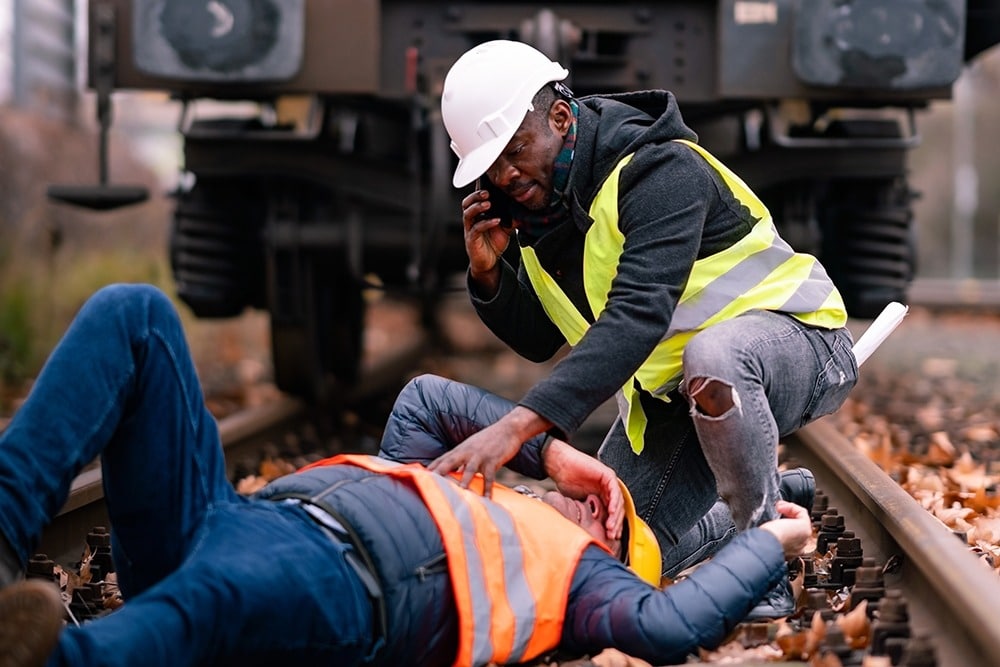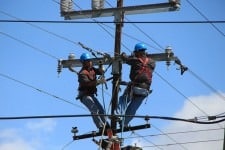Injured At Work In Baltimore? More Than One Injury Claim ?

The Maryland workers’ compensation third-party claim is a sometimes misunderstood and occasionally overlooked case. An understanding of what a workers’s compensation third-party claim is under Maryland law requires an understanding of the concept of workers compensation immunity.
If you are injured at work due to the negligence or fault of a third party that is not your employer you have a claim against that individual or entity in addition to a claim for worker’s compensation benefits.

As a general rule if you are hurt at work you are remedy is limited to workers compensation benefits. In other words, if you sustain an injury while in the course and scope of your employment you cannot sue your employer for their alleged acts of negligence in leading to your injury.
The law provides that in exchange for your employer providing workers compensation benefits to you on a no-fault, basis, they are immune from suits by their employees based in negligence. Where the negligence of a third party, not legally related to the employer is the cause of the injury, worker compensation immunity does not protect that that individual or entity, and a claim may be brought.
Over the course of 25 years, As Attorney Eric T. Kirk I’ve seen three commonly recurring scenarios giving rise to a third party claim. Perhaps the most commonly occurring scenario involves an employee driving a company vehicle as part of his or her job.
While on the roadway, while at work, this employee is hit by another driver, causing personal injury.
This person is at work while they were hurt so they are entitled to workers compensation benefits. The employee has also been injured at the hands of another individual and they also, additionally, will have a Maryland personal injury claim against that other individual separate and apart from the claim for worker’s compensation benefits.
The second recurrent situation is one in which an employee is injured by a dangerous or defective condition in a house, premises, or on land owned by someone other than the employer.
For example this type third party claim would be impermissible if the employee sustained in a office building, garage or shop owned by the employer. If, however, the employee was working at a site not owned by employer, and a dangerous and defective condition at that site caused injury to the employee, they would have both a claim to workers’ compensation benefits and against the owner or possessor of that land who allowed a dangerous and defective condition to exist.
Another common situation is one in which the injured employees experiences an accident at work and receives an injury due to a defective or negligently made instrumentality, such as a tool or machinery.
Here the injured worker would have a claim both for workers’ compensation benefits and a Maryland products liability claim against manufacturer and perhaps the distributor of that instrumentality.
Having two legal claims instead of one is significant in ways other than just simply having an additional source of recovery because of the limitations on benefits and compensation allowed in a workers’ compensation claim. Under Maryland workers’ compensation law, an injured workers is entitled to wage loss benefits, to have his or her medical expenses paid, and potentially a disability award if the injury results in a permanent condition. however under workers compensation laws there is no recovery for non-economic damages: things such as physical and emotional pain, distress and torment.



